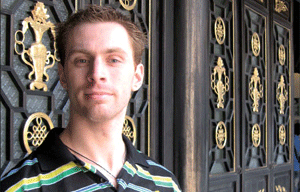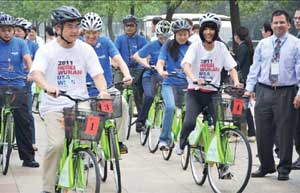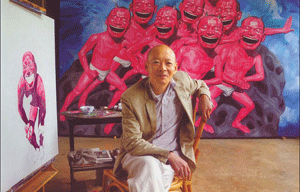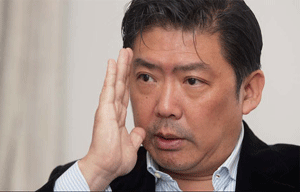A tale of two villages heralds a new era
Updated: 2011-10-17 08:22
By Zhu Zhou (China Daily)
|
|||||||||
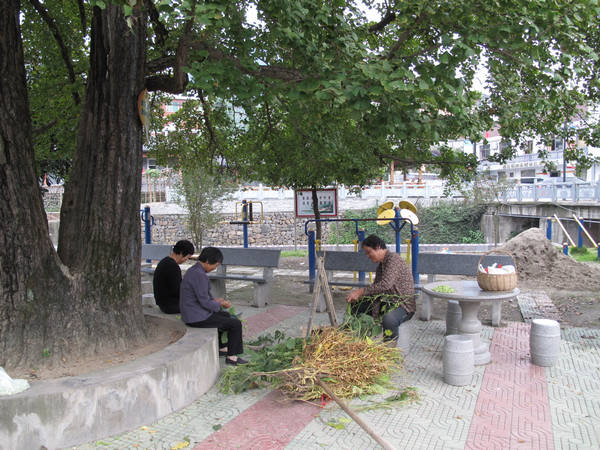 |
| Housewives at Xiangxi process vegetables. |
In 2003, a unique kind of jellyfish was discovered in the lakes of Taobei new village, a hillside hamlet a couple of kilometers from the south exit on the Hangzhou ring road. Locals did not make a big deal out of it until scientists told them what it meant: It is a rare species and signals the high quality of the ecology, especially water, in the area.
A few years earlier, even the lakes had dried up. Now, it is named the Peach Blossom Jellyfish, after the full name of the village.
Around the same time, a grand idea dawned on Sun Yunqiu, a local son who left the village while a teenager and returned a wealthy man. He had made his fortune building roads and bridges. Looking at his home village with mud roads with big potholes, he wanted to give back in the form of better roads - which he did. But he had a bigger plan - to move all villagers, 1,100 households - to a better environment and return the mountain to a pristine state.
Less than a decade later, a new village has emerged on the other side of the wide boulevard that cuts the village into two parts. Unlike the ubiquitous new housing projects, this one adopts the traditional architectural style of white walls and black roof tiles. You'd be forgiven to think while driving past that it is an upscale villa community. In a sense, it is - even though you can still visit the other side of the boulevard to see why it used to be one of the poorest corners in this affluent sprawl known as "the paradise on earth".
Sun Jianming is one of the first villagers to move into the new development - back in 2007. It is a 250-sq-m three-story townhouse, sharing a common wall with just one neighbor. "I got another smaller unit, which I'm using for rental," he beamed.
Where he used to live was two stories of three rooms each. "It was very noisy because there were factories nearby, and it was inaccessible to motor vehicles because of bad roads."
Now, he works for Dengfeng Group, the company that is behind the mammoth relocation project. (It hires 300 villagers to help with local employment.) On top of that, his family utilizes the garage to do some odd jobs for a nearby shoe factory. In his spare time, he takes care of fruit trees in his front yard and trains his pet mynah to pick up human words. "A house like ours can fetch 1.6 million yuan on the market, you know," said the 55-year-old. His son commutes to the nearest town of Xiaoshan, where the Hangzhou airport is located, and the young couple lives with them.
Peach Blossom Land is the Chinese equivalent of Eden, and locals claim theirs to be the inspiration for the ancient poem that made the place famous. Nowadays visitors descend to see the new village, which has adopted the tourist alias of Peach Blossomville in its promotion.
According to Zhu Yingmei, assistant to CEO Sun Yunqiu of Dengfeng Group, behind the picture-perfect facade there is a 2-billion yuan investment from the company, comprising "four pillars" that ensure the interests of villagers:
Priority in job creation, with the current tally at 300 and will grow when Dengfeng's tourism projects take off.
The village gets a 25-percent stake in the new business made possible by vacating their homesteads.
The generation of revenue from land resale, which has totaled 230 million yuan so far. Before steady revenue comes in, 7 percent of this sum is dispatched to villagers, which comes down to 3,000-5,000 yuan per head per year.
A fund is established to buy health insurance, work safety insurance and retirement for every villager. Besides, there are grants for families with special needs.
Not only that, Dengfeng is constructing an industrial facility so that the home-based workshops by which villagers bring in supplementary income can pool together and operate more efficiently.
However, the money-making tourism projects are still on the drawing board, including a five-star resort, a residential hotel, a convention center and mountain sports facilities. "There will be an annual inflow of 244,000 tourists by 2020, which translates to 180 million yuan in revenue," said Lai Ping, deputy mayor of Puyang township administering Taobei village.
Sparkles of that bright future have emerged. There is a new 28-km road that goes up and around the mountain. Park facilities have been built. A giant pavilion in honor of the King of Wu, or Sun Quan (AD 182-252), stands on the hillside, overlooking the village. Locals maintain they are descendents of the king as most of them share the surname Sun. Whether that can be verified or not, life for Sun Jianming and his fellow villagers feels more and more like that of a king.
"Life has never been so good. The biggest difficulty for us farmers has always been to have a decent place to live. Now even urban people envy us," he said.






